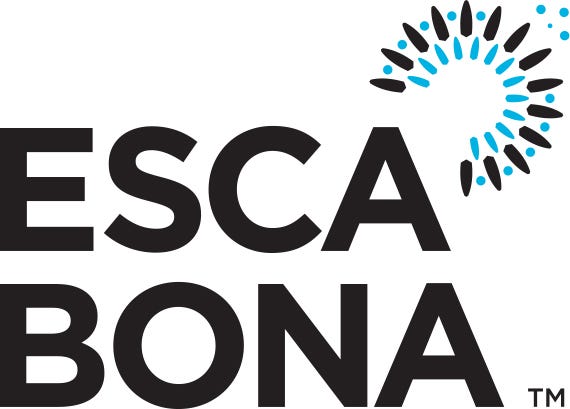Reframing the food access conversationReframing the food access conversation
Is attacking a food desert with more food really the best way to think about addressing food access?
May 10, 2018
New Hope Network research shows that physical access to healthy, affordable food is only one small part of why people are food insecure.
Edwin Marty, the food policy manager for the city of Austin, wants to change the widely believed notion that food insecurity and food deserts are tied primarily to a person's income and proximity to a grocery store.
Evidence is emerging, Marty says, that many other factors, besides income and location, contribute to a family's ability to access food. Such factors include educational disparities, access to housing, mental health, family chaos, disabilities and how many children a household has.
At Esca Bona 2017, Marty explained why some of the common approaches to improving access to fresh, healthy food in poor areas have failed to truly improve the situation. "The term food desert implies that it's devoid of food, so we attack it with solutions," he says, by putting in projects like community gardens or urban farms. "The problem with that, of course, is if you have two to three jobs and you're already stressed because of poverty, the likelihood that you're going to have free time to go out and grow food ... it's pretty unlikely."
Advocates and public policy makers also look for ways to incentivize grocers to move into poor areas. But it's hard for grocers to stay profitable over time in low-income areas, and there may be unintended negative consequences of a grocer moving in. If a grocer moves in and the neighborhood starts to improve, then property values increase, rents go up and then the very people those stores were intended to serve are forced to move out.
So what do we do? In this TED-style talk, Marty suggests three things that can be done to bring more healthy food to more people and, in the process, underscores why it's so important for food companies to have a voice in policy discussions.
 Making bold changes to our food system is about having the courage to think differently, to be vulnerable and to work with new people in creative ways to shift the status quo. Esca Bona is back for 2018 and ready to take on tough discussions about some of the biggest issues in food today. Learn more about how you can help create a new future of food here.
Making bold changes to our food system is about having the courage to think differently, to be vulnerable and to work with new people in creative ways to shift the status quo. Esca Bona is back for 2018 and ready to take on tough discussions about some of the biggest issues in food today. Learn more about how you can help create a new future of food here.
About the Author
You May Also Like





